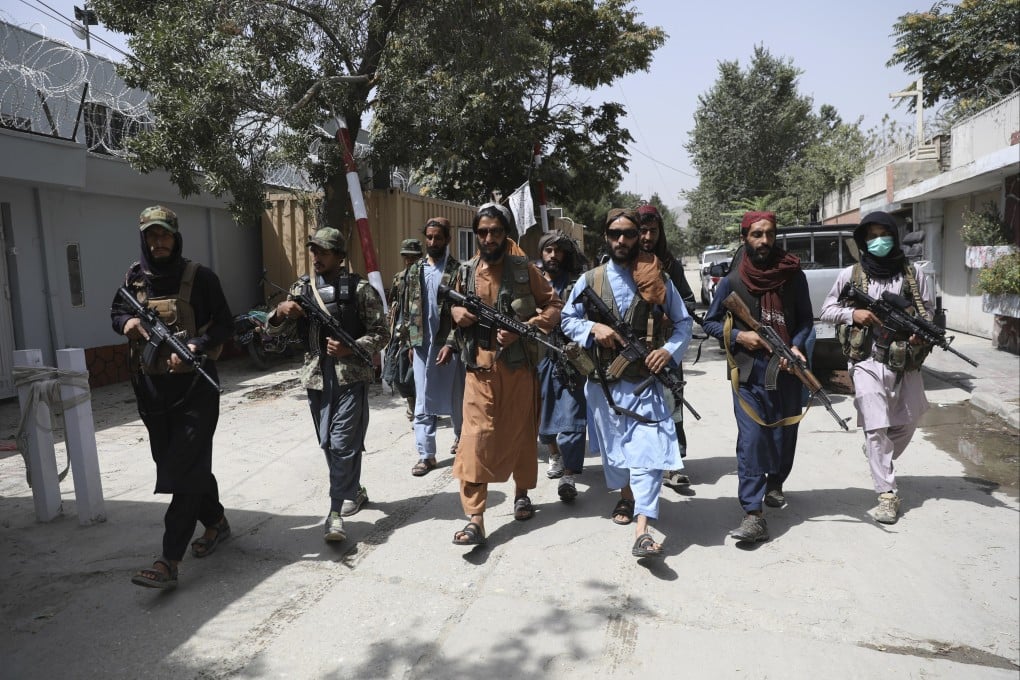Advertisement
Outside In | Can China foster stability amid the Afghanistan catastrophe?
- China’s Belt and Road Initiative is aimed at stabilising and improving living standards for the poor and marginalised countries of Central Asia
- Out of the ashes, China’s efforts to build connections and economies through infrastructure can perhaps find new relevance
Reading Time:4 minutes
Why you can trust SCMP
5

As the world watches aghast at America’s scramble to exit Afghanistan, leaving Afghans to an uncertain fate at the mercy of a historically brutal Taliban government, the rueful consensus among some foreign policy analysts is that there will be celebrations in Beijing and Moscow.
But the grim truth is that China and Russia have little to celebrate. This is a catastrophe from which no one gains, except perhaps the Islamist extremists clustered around al-Qaeda and Islamic State, who can now expect safe haven in Afghanistan’s many ungoverned spaces.
While some will undoubtedly celebrate the damage to US credibility, the prospect of an unstable, Taliban-led government ruling a country at the very heart of Central Asia sends shudders down the spine of all close by. Pakistan already has more than 3 million Afghans in exile along its western borders and massive challenges in containing threats from its own Islamist militants.
Advertisement
Pakistan’s challenges might be direct and immediate, but it is far from alone. With about 1.8 billion Muslims worldwide, many now fear the worst – and we are not just talking about countries such as Iran, Iraq, Syria or Turkey.
Whether it is Bangladesh, Malaysia, Indonesia or African states such as Somalia, Tunisia or Sudan, the expectation is of a surge in radical Islam and of potential terror threats from widely scattered fundamentalist jihadi movements.
Afghanistan leaves very few smiles on Russian faces as they recall their own failures in hegemonic control through the 1970s and 1980s. Moscow is undoubtedly now reinforcing its borders, and those of its allies in Central Asia, against refugees.
Advertisement
Select Voice
Select Speed
1.00x

